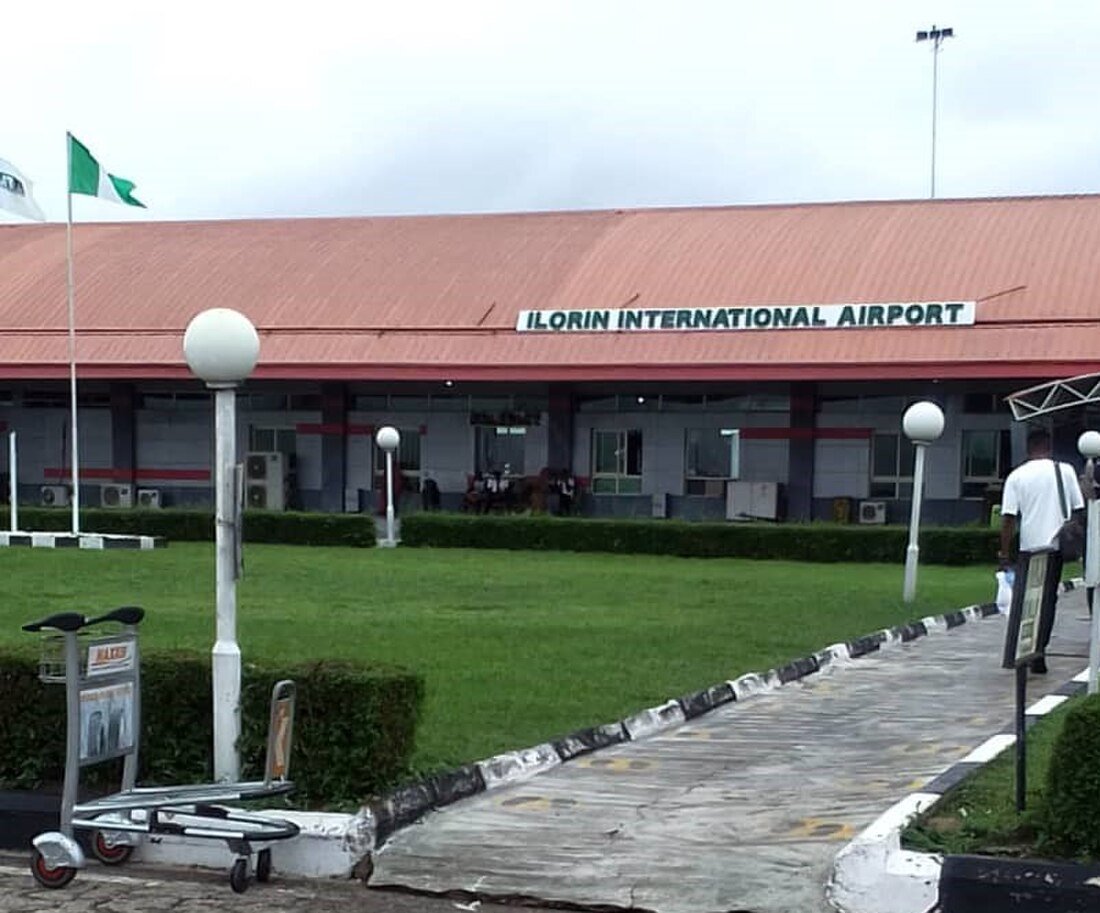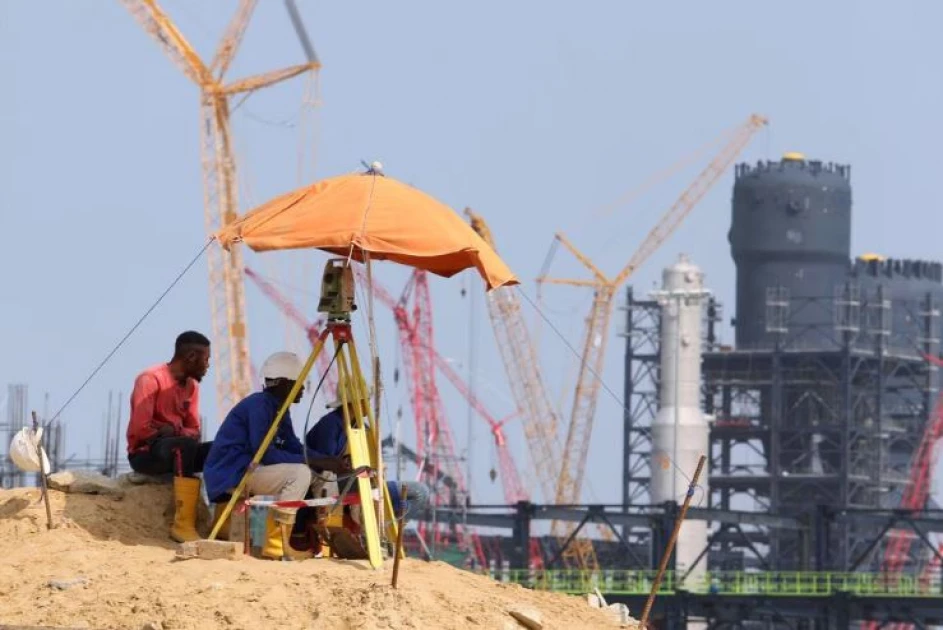By offering stable and affordable energy, Pakistan presents a highly competitive environment compared to regional counterparts like India and Singapore, where rising power costs and land scarcity limit scalability. Pakistan’s strategic advantage is further underscored by the global context: while AI data center demand has soared to over 100 GW, global supply remains around 15 GW. This massive shortfall creates an unprecedented opportunity for countries like Pakistan with surplus power, land, and an emerging regulatory framework.
The country’s digital connectivity has also been significantly strengthened by the landing of the world’s largest submarine internet cable. The Africa-2 Cable Project, a 45,000-kilometre global network connecting 33 countries through 46 landing stations, has now landed in Pakistan. This milestone enhances Pakistan’s internet bandwidth, latency, and resilience through redundant fiber routes—key for ensuring high availability and operational continuity for AI data centers.
With a population of over 250 million and more than 40 million crypto users, Pakistan holds immense potential as a regional leader in digital services. Establishing local AI data centers will not only address growing concerns around data sovereignty but will also enhance cybersecurity, improve digital service delivery, and empower national capabilities in AI and cloud infrastructure. These centers are expected to create thousands of direct and indirect jobs, catalyzing the development of a skilled workforce in engineering, IT, and data sciences.
Check Also: Engro Secures Deal with Jazz and VEON to Expand Digital Connectivity
This announcement marks only the first phase of a broader, multi-stage digital infrastructure rollout. Future developments are expected to include renewable energy-powered facilities—leveraging Pakistan’s immense wind (50,000 MW potential in the Gharo-Keti Bandar corridor), solar, and hydropower resources—strategic international partnerships with leading blockchain and AI companies, and the establishment of fintech and innovation hubs. These efforts will be complemented by proposed incentives such as tax holidays, customs duty exemptions on equipment, and reduced taxes for AI infrastructure developers.
Pakistan’s combination of surplus power, geographic advantage, advanced subsea cable connectivity, renewable energy potential, and a large, digitally engaged population creates a compelling case for becoming a regional epicenter of Web3, AI, and digital innovation.
With the right incentives, strategic investments, and collaborative partnerships, Pakistan is positioning itself not only as a destination for global digital infrastructure but also as a sovereign economy that can accumulate digital assets, export digital services, and lead in the next generation of technological transformation.









